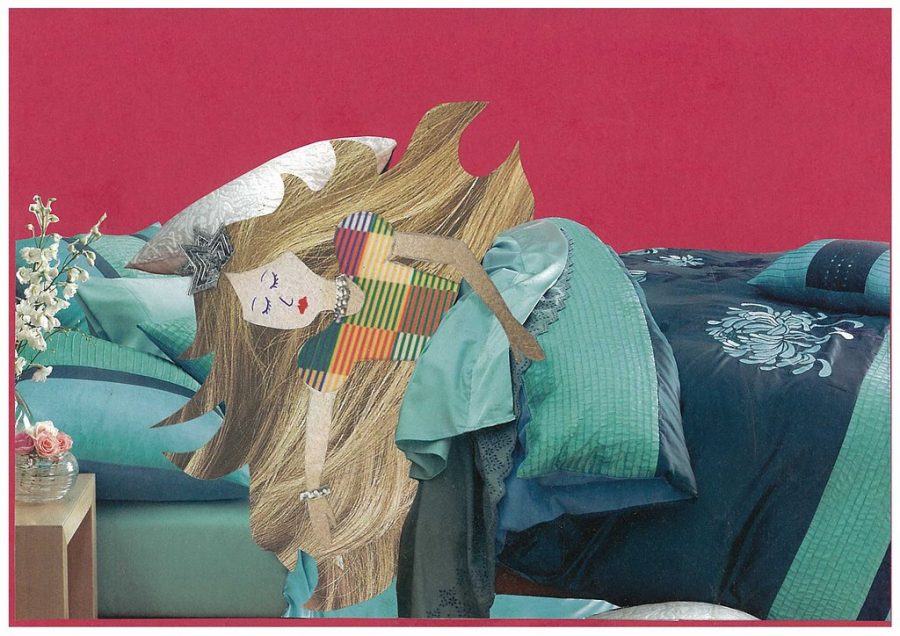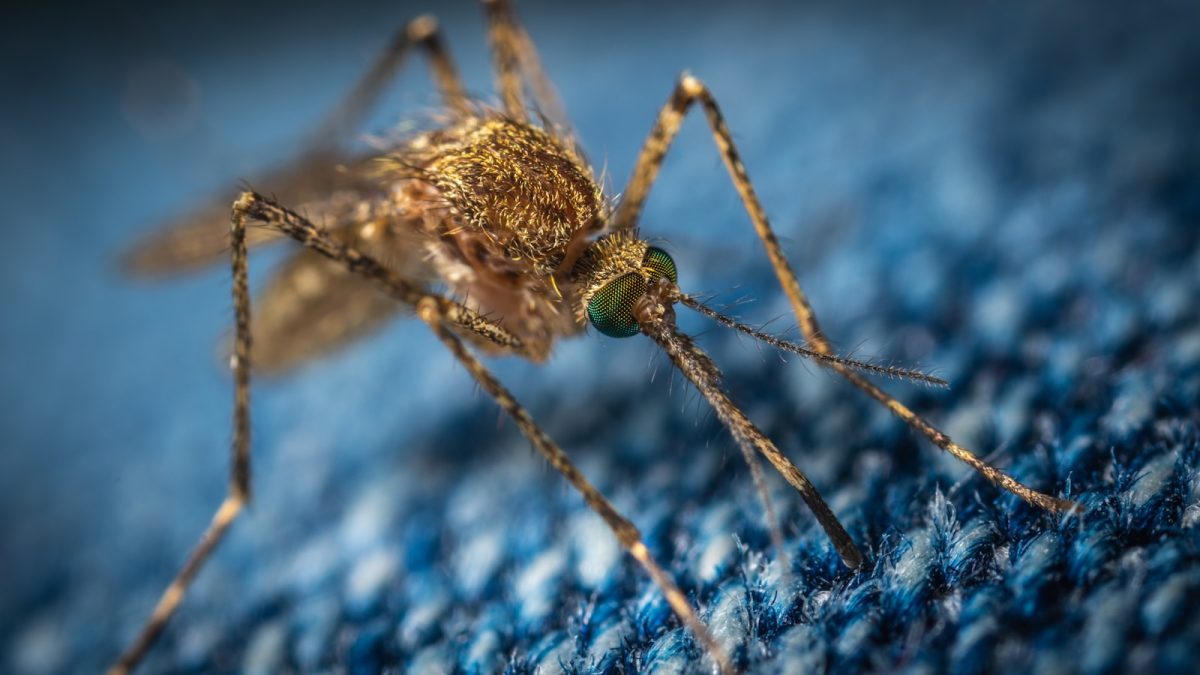Sleep Paralysis: And What Are Its Symptoms
Sleep paralysis is a phenomena where your brain is conscience but your body is not and is paralyzed. This is because people wake up in REM sleep, which is also known as rapid eye movement sleep, and your brain is most active in this state so your brain might be awake and your body isn’t. REM sleep is when most dreams are experienced so the body produces substances to stop your muscles from moving and acting out your dreams and that’s the cause of the paralysis.
Sleep paralysis is fairly common as around 8% of people have have experienced sleep paralysis according to sleepfoundation.org. Many people who’ve experienced sleep paralysis report a shortness of breath, a weight on the chest, and a choking feeling around the neck and this is caused by the compression of the diaphragm as your body naturally contracts it to breath. Hallucinations and apparitions appearing in sleep paralysis is also very common because your body usually dreams in REM sleep, which is when sleep paralysis happens, so your body will make those dreams more realistic to the point where you can hear and feel the hallucinations.
What Are Its Causes and How Do I Prevent This?
There’s no definitive cause as scientist are still inconclusive about the causes of sleep paralysis but we do know that it is caused by your brain waking up in REM sleep and your body is still in atonia and this is where your muscles practically turn of as to not act out your dream. Scientists have also done experiments and found that it is likely that sleep disorders like narcolepsy and obstructive sleep apnea (OSA). Research has also shown that people from the ages of 10-25 are more likely to experience it and in another study, research showed that twins usually have similar chances of sleep paralysis meaning that sleep paralysis might be caused by DNA but this is very inconclusive.
You can prevent sleep paralysis by just sleeping well and not having irregular sleep patterns. Another thing is that sleep paralysis is harmless and no reported deaths by sleep paralysis have ever been confirmed.
RELATED STORIES:
https://sleepsherpa.com/what-is-sleep-paralysis/
https://www.sleepfoundation.org/parasomnias/sleep-paralysis:











